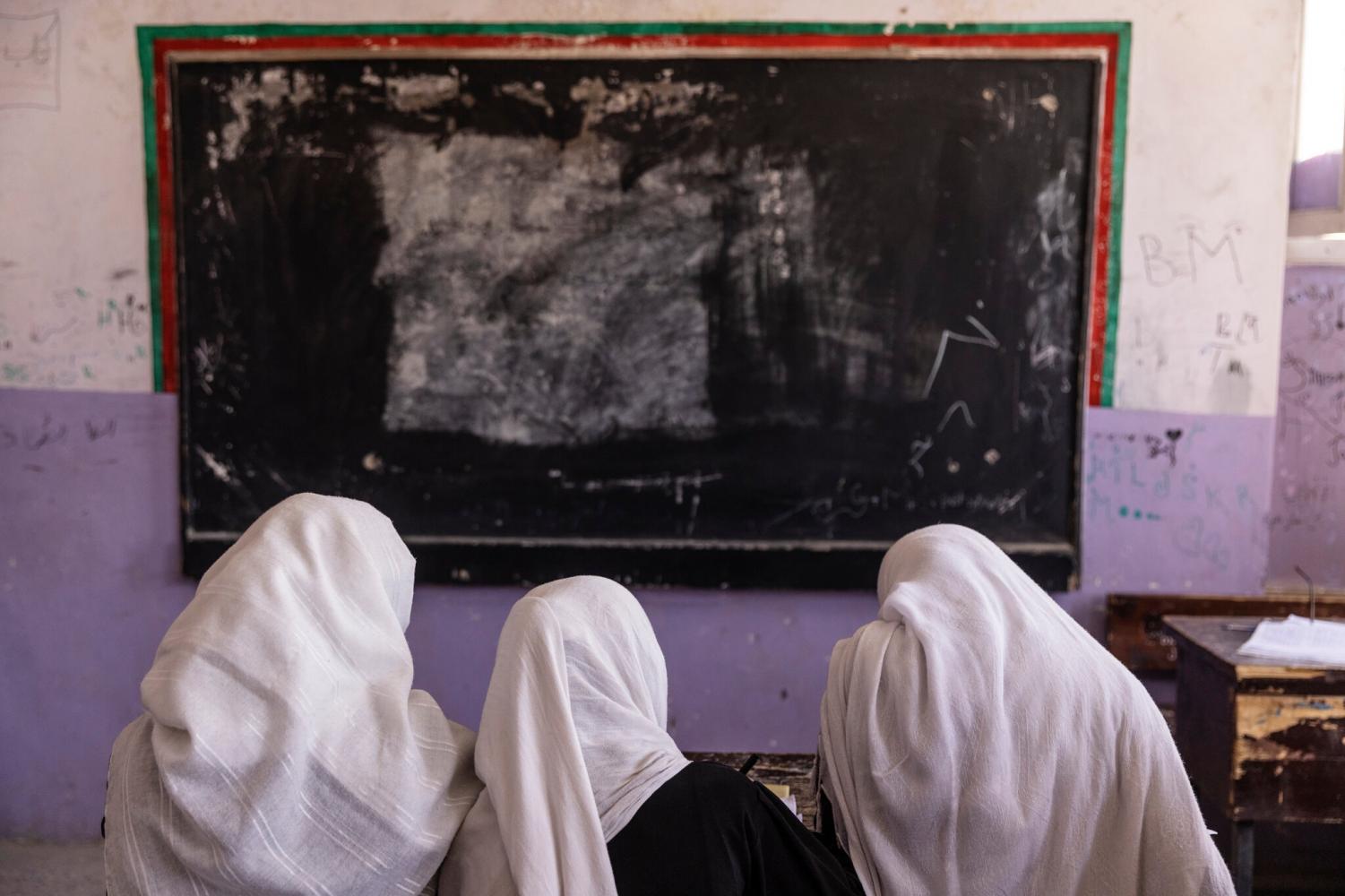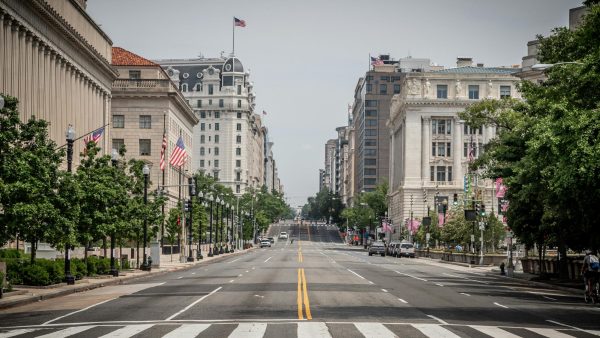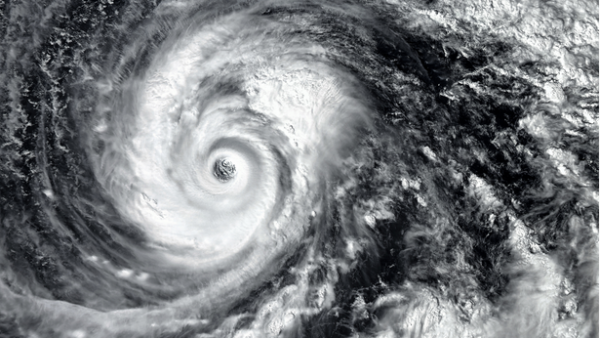Updates On Women’s Rights in Afghanistan
Now that the Taliban have taken control of Afghanistan, women are in deep danger. “What happens to them now?” is the question everyone is asking and hope to be answered positively.
“The fight against terrorism is also a fight for women’s rights and dignity,” first lady Laura Bush said in a radio address in 2001. It sounded so promising. When the United States overthrew the Taliban’s rule, millions more Afghan girls enrolled in school. The Afghan Dreamers, the country’s first all-female robotics team, earned a trip to Washington d.c. and international acclaim on the competition circuit in the summer of 2017, despite the fact that they were still girls who were, “not used to leaving the house without a male chaperone, girls whose peers were getting married,” according to a New York Times piece.
Zarifa Ghafari, one of Afghanistan’s only mayors, told Britain’s “ I” newspaper in an agonizing interview that she is at home, fearing an attack by the Taliban. “I’m sitting here waiting for them. There is no one who can assist me or my family. I’m just sitting with them and my husband right now. And they will hunt down and kill people like me,” she said. “I can’t abandon my family. And, besides, where would I go?”
Women’s rights must be respected, like everyone else’s. Critical services for women and girls must continue to be provided, which necessitates the presence of female aid workers who can enter communities and create safe spaces for women and girls. Women must be allowed to work and move freely, and girls must be permitted to continue their education. The international humanitarian response plan for Afghanistan is only 38% funded as of August 2021.This shortfall could result in the loss of specialized protection services for 1.2 million children, making them more vulnerable to violence, recruitment, child labor, early forced marriages, and sexual exploitation. In addition, 1.4 million women, many of whom are survivors of violence, will be deprived of safe places to receive comprehensive support. This problem really needs to be solved by higher officials and has to be in the spotlight more.
Girls’ education in Afghanistan.
The main problem that is present in Afghanistan is how the Taliban are excluding girl’s education. In Afghanistan, progress has been made in terms of the number of girls receiving an education over the last 20 years, but in recent months, attacks on schools and villages have increased dramatically, while international support has been gradually withdrawn. It is estimated that 1 million children will be denied an education. The International rescue committee talked with a group of Afghan schoolgirls in July, and they shared their concerns with them. “As the fighting increases day by day, it’s a concern that we’ll go back in time,” one 15-year-old said. By ordering high schools to reopen only for boys, the Taliban effectively banned girls from secondary education in Afghanistan. Girls were not mentioned in Friday’s announcement, so boys will return to their desks next week after a one-month break, while their sisters will remain at home. Secondary school classes for boys in grades seven to twelve will resume on Saturday, the start of the Afghan week, according to the Taliban education ministry. According to the statement, “all male teachers and students should attend their educational institutions.”The future of girls and female instructors, who have been trapped at home since the Taliban gained control, has not been addressed. As a result of the order, Afghanistan is the only country on the planet where half of the people are barred from obtaining a secondary education. The previous Ministry of Women’s Affairs building in Kabul has been handed over to the newly re-established Ministry for the Prevention of Vice and Promotion of Virtue, indicating that the recently announced Taliban government is increasing restrictions on women.

The future predictions and hopes
“Every time they say that they are very welcoming of the idea of women’s rights and educational rights and whatever, but then again, in southern Afghanistan, the schools should have been open by now, and they are not” says Pashtana Durrani from NPR. This quote highlights an essential question: will women get the same education that men do? And if they will, when will that be? This question is still unanswered. At this point, however, we will have to keep fighting and spreading awareness for these women in danger, and from there, time will do it’s part.
Hi my name is Dilara Vural and I am a Staff Writer. I am a sophomore and I love to write about current events, politics, and activism for animals. I am...









